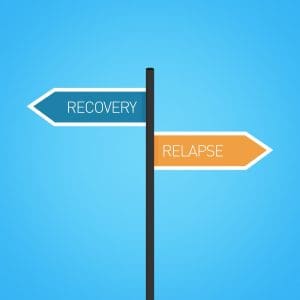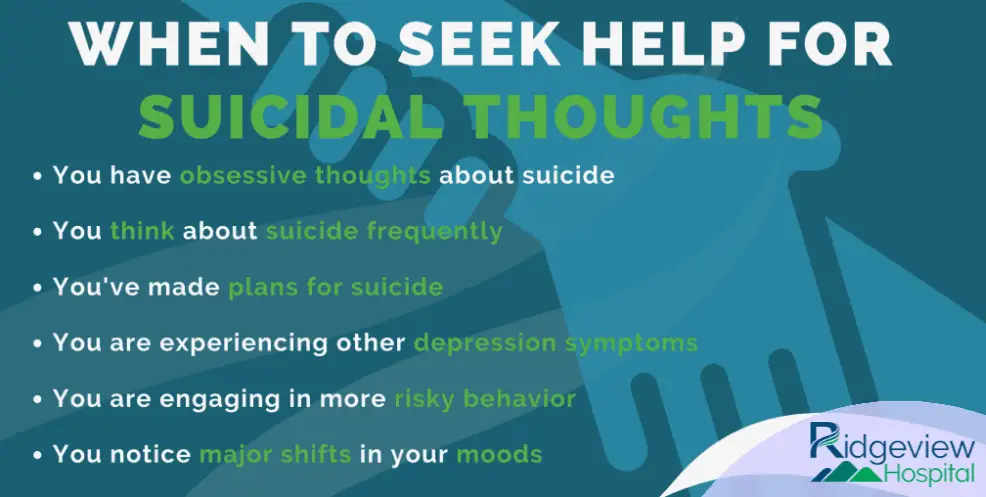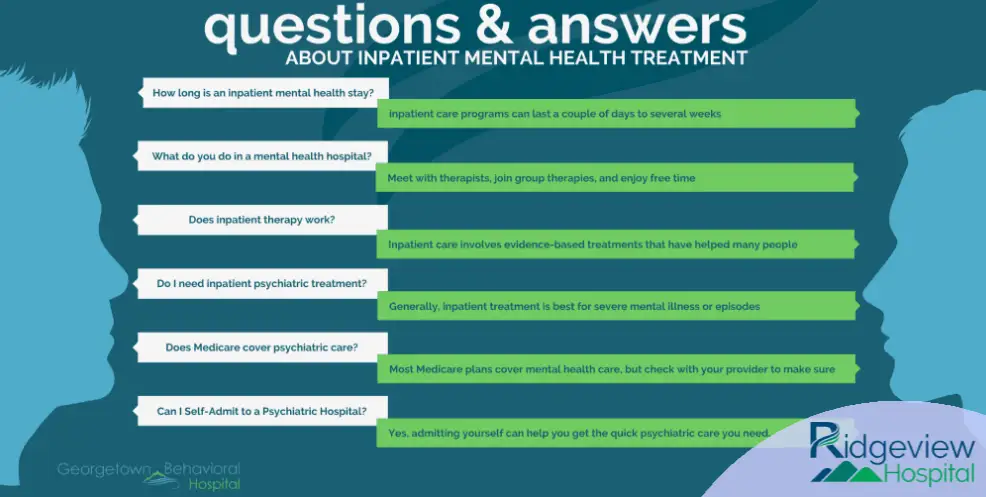Although many people who suffer from addiction find a way to sobriety, relapse is surprisingly common. In fact, among patients who have entered addiction recovery, 40-60% experience a relapse. While relapsing is not unexpected, it can sometimes come with dangerous consequences. For example, people who recover from addiction and start reusing drugs and alcohol may not realize their tolerance has changed. This can cause overdoses and even death. Therefore, learning positive coping skills in recovery is extremely important to staying sober. Learning these important mechanisms can not only help you prevent relapse but also assist you in maintaining your commitment to a sober lifestyle.
What Are Coping Skills?
Coping skills are “any characteristic or behavioral pattern that enhances a person’s adaptation.” In other words, coping skills help you stay healthy when you are faced with a stressful circumstance. Sometimes, the coping mechanisms you develop are unhealthy. For example, you may use substances as your primary coping mechanism. In fact, many people actually turn to alcohol and drug abuse as a way to cope with underlying mental health issues.
If you have entered the recovery process, you need to find more appropriate coping skills. This will help you channel your energy into healthier outlets.
You should learn to recognize unhealthy and negative coping mechanisms. These include but are not limited to:
- avoidance behaviors (not doing what needs to be done)
- substance abuse, including smoking
- spending too much
- focusing on other’s problems
- sleeping all day
- over/under eating
- and more
Coping Skills You’ll Learn in Recovery

One of the first things you may learn during addiction treatment is how to identify your triggers. A good treatment program will help you identify the patterns that led to your addiction. In order to prevent relapse, you should recognize your most dangerous triggers. These may include, but again are not limited to:
- poor self-care (remember the acronym HALT: hungry, angry, lonely, tired)
- isolation from others
- negative thinking
- stress
- denial that you need help or avoiding your problems
- getting into your old patterns (i.e. hanging around friends who drink/use or bars)
- and more
We’ve compiled some common problems that people face during recovery and the coping skills that can help.
Negative Thinking
Problem: If you’ve ever attended a 12-step meeting, you may have heard this behavior referred to as “stinking thinking.” This may include:
- complaining
- being judgmental
- blaming others
- gossiping
While everyone is prone to the occasional negative thought, an excessive amount can become detrimental to relapse prevention.
Solution: Cognitive behavioral therapy helps you identify unhealthy thoughts (known as cognitive distortions) and respond to them in a productive way. During this type of talk therapy, you work with a mental health counselor, usually a psychotherapist or therapist, and come up with the required life skills to respond to cognitive distortions.
Stress
Problem: Stress is a well-known risk factor for addiction and can often increase your vulnerability to relapse. If you are in recovery, these stressors can include:
- emotional abuse and physical abuse
- loss of a job or home
- death of a loved one
- feeling isolated
- and more
Moreover, stressors do not have to be giant occurrences. Sometimes, all it takes is being late to work.

Solution: There are a variety of stress management techniques you can incorporate into your life. For example, mindfulness meditation can help you see clearly through your problems and address them in a more beneficial manner. In addition, exercising and performing physical activities raises your endorphins, helping you to reduce stress and sleep better. Other activities to reduce stress include:
- meditation
- yoga
- tai chi
- massage
- gardening
- making a gratitude list
- journaling and setting goals
Falling Into Old Problems
Problem: When you make the choice to attain long-term recovery, you must be prepared to make changes to your life. If you don’t remove yourself from the parts of your life that exacerbated your condition, you may find your old behaviors catching up to you. Reframe your mindset so you see this as a chance to change your whole life for the better.
Solution: Keep a network of people in your life who are committed to helping you stay sober. This may include:
- talking to counselors and therapists
- attending support groups, including AA and NA
- going back to rehab
- having a reliable interpersonal network, including friends and family
Other Coping Strategies
Remember: what works for you may not work for someone else. Other coping mechanisms that may become useful include:
- practicing gratitude
- keeping up with your faith or finding spirituality
- eating healthy
- attending anger management classes
Start Your Path to Recovery
If you or a loved one are ready to start your path toward a better life, Ridgeview. Our treatment center, located near Middle Point Ohio, provides the highest quality care for both mental health conditions and addiction.





















